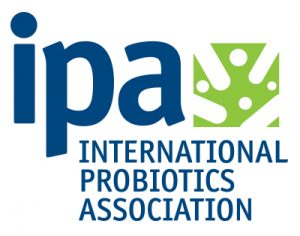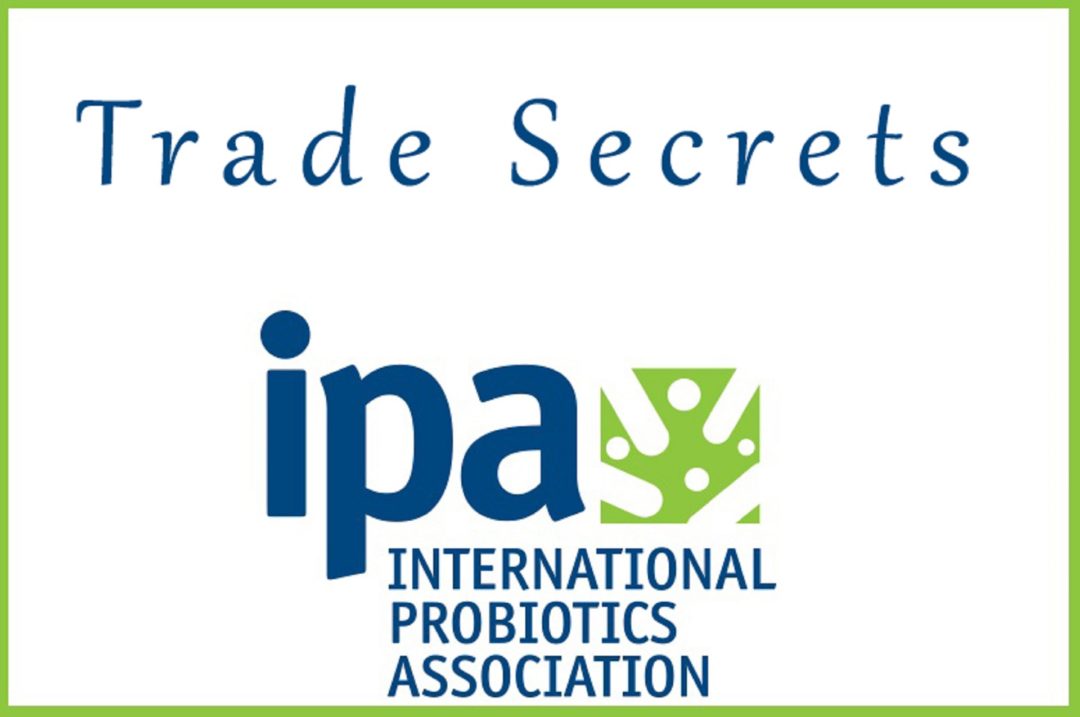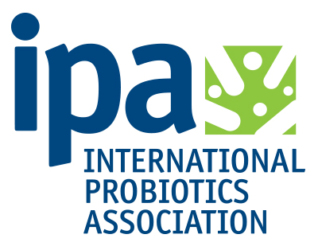For instance, only 341 out of 2491 (13.7 %) mothers reported use of probiotics during pregnancy in a recent study from the Netherlands. Researchers mined data from a large ongoing prospective birth cohort study calledWheezing Illnesses Study Leidsche Rijn (WHISTLER) study. Nicole Rutten and colleagues published their results entitledmaternal use of probiotics during pregnancy and effects on their offspring’s health in an unselected population in theEuropean Journal of Pediatricsonline in August of 2015.
Additional numbers come from theMassachusetts General Hospital National Pregnancy Registry for Atypical Antipsychotics.Results were reported in Archives of Women's Mental Health in 2015.
Excluding prenatal vitamins and folic acid, themost common supplementsused in pregnancy were:
- omega-3 fatty acids (38.0 %)
- vitamin D (11.0 %)
- calcium (8.2 %)
- iron (4.7 %)
- probiotics (2.6%)
In addition, preterm birth has been associated with an altered vaginal microbiome.Lactobacillus dominates the species in vaginas of healthy pregnant women. When vaginosis or infection alters the balance of microbes, risk of pre-term birth may be more likely, sayresearchers. Preventing pre-term birth with oral or vaginal probiotics is a new and promising area of study.
The question remains:
Are probiotics safe in pregnancy?
Practitioners Jackie Elias and colleagues addressed the issue in theCanadian Family Physician Journal:
- Their review did not report adverse outcomes. Systemic infections are thought to be a consideration but the authors reported low risk: less than 1 per I million users of Lactobacillus probiotics and 1 per 5.6 million users of Saccharomyces boulardii.
- A meta-analysis and systematic review of randomized control trials of probiotic use in more than 1500 pregnant women was reported. In this data, probiotic treatment began between 32 and 36 weeks gestation until delivery for most women. There were no increases in miscarriages, malformations or differences in birth weight, gestational age or number of cesarean sections.
- The authors conclude: “Probiotics do not appear to pose any safety concerns for pregnant and lactating women. Systemic absorption is rare when probiotics are used by healthy individuals, and the current literature does not indicate an increase in adverse pregnancy outcomes.”
More people use probiotic supplements and foods than ever before. Their use in pregnancy may become more commonplace as science teases out the facts on safety.
 Content provided by the International Probiotics Association (IPA).
Content provided by the International Probiotics Association (IPA).The International Probiotics Association (IPA) is an international organization whose goal is to provide research and the latest breakthroughs in probiotic technology and new product development.
NOTE: The opinions expressed in bylined articles are not necessarily those of the publisher.
Posted on WholeFoods Magazine Online, 6/22/2016










